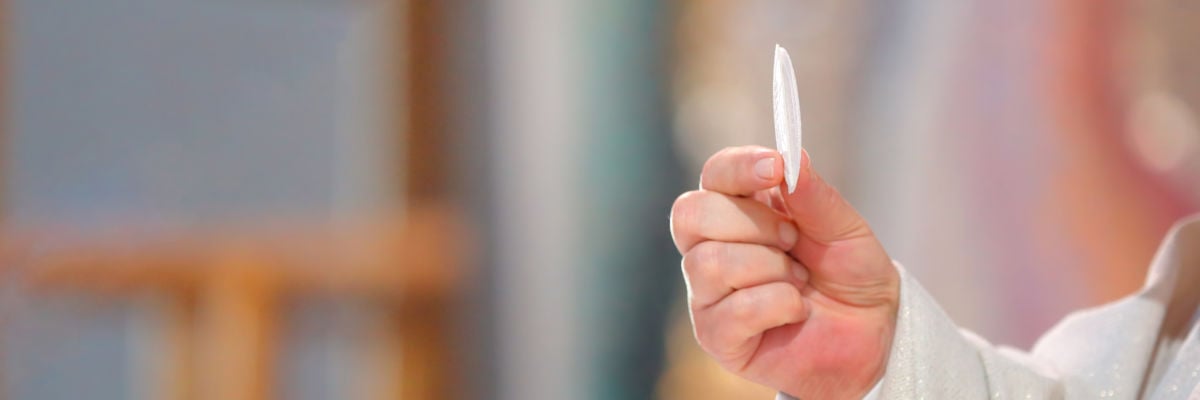
Question:
Answer:
Your question is a little vague. The Church has the God-given power to “bind and loose” (Matthew 16:18-19; 18:15-18), which includes disciplinary matters (CCC 553). “Regulations” would apply to disciplinary matters, which are by nature changeable in some sense. Required is a strong word. Sometimes making changes is deemed prudent or preferable but not necessarily required.
In that light, in the last century the Church has modified its discipline regarding the fast before Holy Communion at a Mass. It used to be twelve hours. Then it was changed to three. And for several decades it’s been one hour, which will not change to a lesser period, given that a Sunday Mass is typically one hour, and eating at Mass would be inappropriate, since our minds are supposed to be on the imperishable bread of the Eucharist (see John 6:27). The U.S. Bishops provide: “Those who receive Holy Communion should be prepared to receive so great a gift. They should fast (except for medicines) for at least one hour before receiving the Eucharist and should not be conscious of having committed serious sin.”
We’ve also seen changes in the last several decades regarding abstinence from meat every Friday, and not just during Lent, as an act of penance to coincide with the day our Lord suffered and died for us. During that period, the obligation has been lessened for Catholics in general and U.S. Catholics in particular, as the Holy See has delegated the matter to the respective regional bishops conferences. For non-Lenten Fridays, U.S. Catholics are encouraged by their bishops to perform some act of penance—e.g., abstaining from meat—but it’s not required (see generally the Code of Canon Law, canons 1249-53 and the U.S. norms for fast and abstinence).



